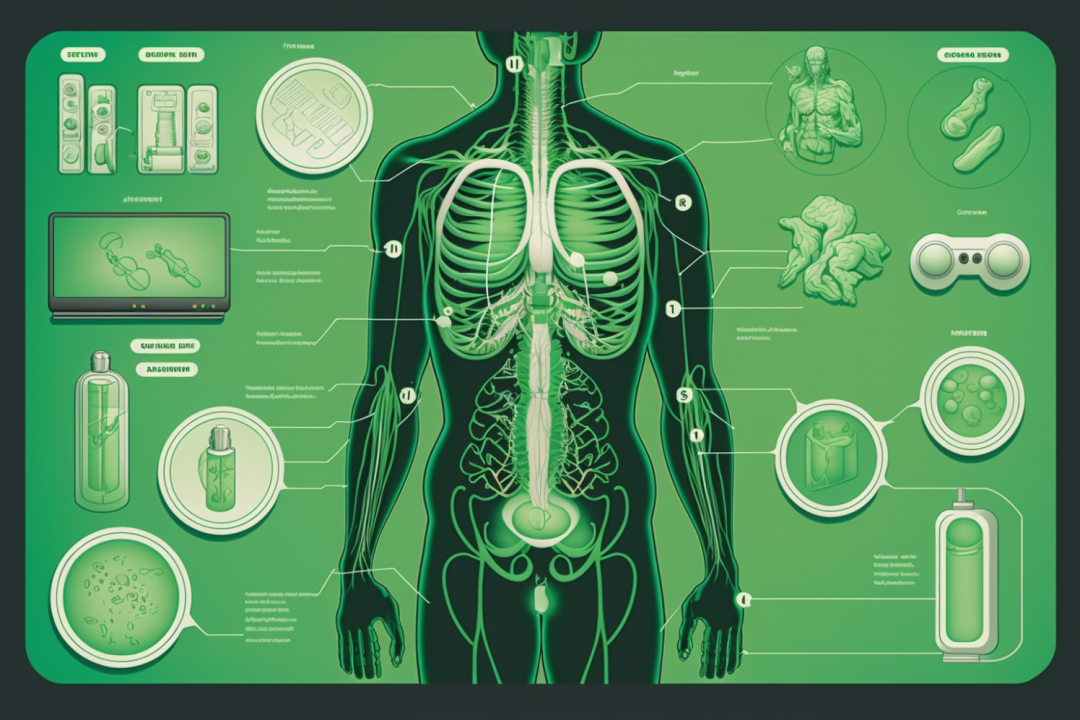In a world where one-size-fits-all rarely applies, healthcare is finally catching up. Personalized healthcare is revolutionizing the way we approach treatment, ensuring that medical care is as unique as each individual. Gone are the days of generalized prescriptions and standard treatment plans; today, technology is paving the way for tailored treatments that consider your specific genetic makeup, lifestyle, and health goals. But what does personalized healthcare really mean, and how is technology making it possible? Let’s take a closer look.
The Power of Genomics: Your DNA as a Blueprint
Imagine a world where your DNA holds the key to the most effective treatment for your health conditions. This is the promise of genomics, a field that’s rapidly advancing thanks to technology. By analyzing your genetic makeup, doctors can predict how you might respond to certain medications, identify potential health risks, and even tailor preventive measures to ward off future illnesses.
For example, some people metabolize drugs differently based on their genetic profile. With the help of genomic testing, doctors can determine which medications will work best for you and which might cause adverse reactions. This level of precision means fewer side effects, more effective treatments, and a healthcare experience that’s truly personalized.
Genomic data is also playing a crucial role in the early detection of diseases like cancer. By identifying specific genetic markers, healthcare providers can spot potential problems before they develop, allowing for earlier intervention and better outcomes. As genomic testing becomes more accessible and affordable, it’s set to become a cornerstone of personalized healthcare.
Wearable Tech: Monitoring Your Health in Real-Time
Wearable technology is another game-changer in personalized healthcare. Devices like smartwatches and fitness trackers are no longer just about counting steps—they’re about providing real-time data that can help tailor your healthcare plan to your daily life. These gadgets monitor everything from heart rate and sleep patterns to stress levels and physical activity, giving both you and your healthcare provider a clearer picture of your overall health.
The real beauty of wearable tech lies in its ability to detect subtle changes in your health. For instance, if your heart rate variability suddenly drops or your sleep patterns become irregular, your device can alert you (and potentially your doctor) to these changes. This early warning system allows for timely interventions that can prevent minor issues from becoming major health concerns.
Wearables are also increasingly being used to manage chronic conditions like diabetes and hypertension. By continuously monitoring vital signs and other health metrics, these devices provide real-time feedback that can be used to adjust medications, diet, and lifestyle choices. It’s like having a healthcare team at your side 24/7, helping you stay on top of your health.
AI and Big Data: Making Sense of the Information Overload
With so much data being generated by genomics, wearables, and other sources, making sense of it all can be overwhelming. That’s where artificial intelligence (AI) and big data come in. These technologies are essential for analyzing the vast amounts of information collected from various sources, turning raw data into actionable insights.
AI algorithms can sift through your health data to identify patterns and trends that might be missed by the human eye. For example, AI can analyze your genetic information alongside your daily health metrics to predict potential health risks or suggest preventive measures. This level of analysis enables healthcare providers to make more informed decisions, leading to better, more personalized care.
Big data is also helping to personalize healthcare on a broader scale. By aggregating and analyzing data from millions of patients, healthcare providers can identify trends and best practices that can be applied to individual cases. This means that your treatment plan is not only tailored to your unique needs but also informed by the latest research and real-world outcomes.
The Future of Supplements: Tailored to Your Needs
Supplements have long been a part of many people’s health routines, but now they’re becoming more personalized too. Companies like Le-Vel, known for its Thrive product line, are exploring how personalized nutrition and supplementation can enhance individual health outcomes. By combining user feedback with scientific research, these companies are offering products that align with specific health goals, making it easier to achieve optimal wellness.
Le-Vel Thrive reviews often highlight how these supplements fit into personalized health strategies, offering insights into how different products work for different people. This tailored approach to supplementation is yet another example of how technology and personalization are transforming healthcare.
Conclusion
Personalized healthcare is more than just a trend—it’s the future of medicine. By leveraging genomics, wearable technology, AI, and big data, we’re moving towards a world where healthcare is tailored to the individual, improving outcomes and enhancing the overall patient experience. As these technologies continue to evolve, personalized healthcare will become increasingly accessible, offering everyone the opportunity to benefit from treatments that are as unique as they are.















